Speakers
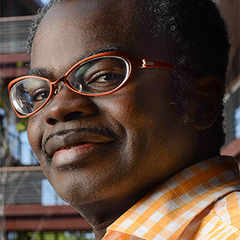
Kwabena Boahen
Professor of Bioengineering and Electrical Engineering, Stanford University
Kwabena Boahen is a professor of bioengineering and electrical engineering at Stanford University, where he directs the Brains in Silicon Lab. He is a neuromorphic engineer who is using silicon integrated circuits to emulate the way neurons compute, and linking the seemingly disparate fields of electrical engineering and computer science with neurobiology and medicine. His interest in neural nets developed soon after he left his native Ghana to pursue undergraduate studies in electrical and computer engineering at Johns Hopkins University, Baltimore, in 1985. He went on to earn a doctorate in computation and neural systems at Caltech in 1997. From 1997 to 2005 he was on the faculty of University of Pennsylvania, Philadelphia PA, where he held the inaugural Skirkanich Term Junior Chair. His scholarship is widely recognized, with over ninety publications to his name, including a cover story in the May 2005 issue of Scientific American that featured his lab’s work on a silicon retina that could be used to give the blind sight. He has received several distinguished honors, including the National Institutes of Health Director’s Pioneer Award (2006). He was elected a fellow of the American Institute for Medical and Biological Engineering (2016) and of the Institute of Electrical and Electronic Engineers (2016), in recognition of his lab’s work on Neurogrid, a specialized hardware platform that enables the cortex’s inner workings to be simulated in real time—something outside the reach of even the fastest supercomputers. His 2007 TED talk, “A computer that works like the brain,” has been viewed over half-a-million times. He is cofounder of and scientific advisor to Femtosense, a start-up commercializing his Stanford group’s neuromorphic computing techniques.
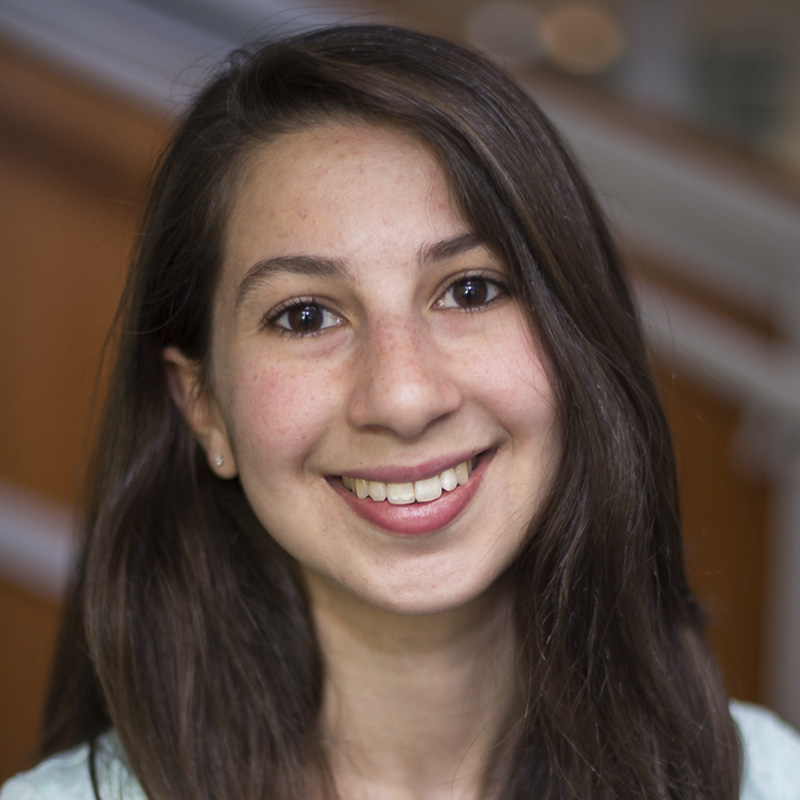
Katie Bouman
Assistant Professor of Computing and Mathematical Sciences
Katie Bouman is an assistant professor in the Computing and Mathematical Sciences Department at the Caltech. Before joining Caltech, she was a postdoctoral fellow in the Harvard-Smithsonian Center for Astrophysics. She received her PhD in the Computer Science and Artificial Intelligence Laboratory (CSAIL) at MIT in EECS. Before coming to MIT, she received her bachelor's degree in electrical engineering from the University of Michigan. The focus of her research is on using emerging computational methods to push the boundaries of interdisciplinary imaging.
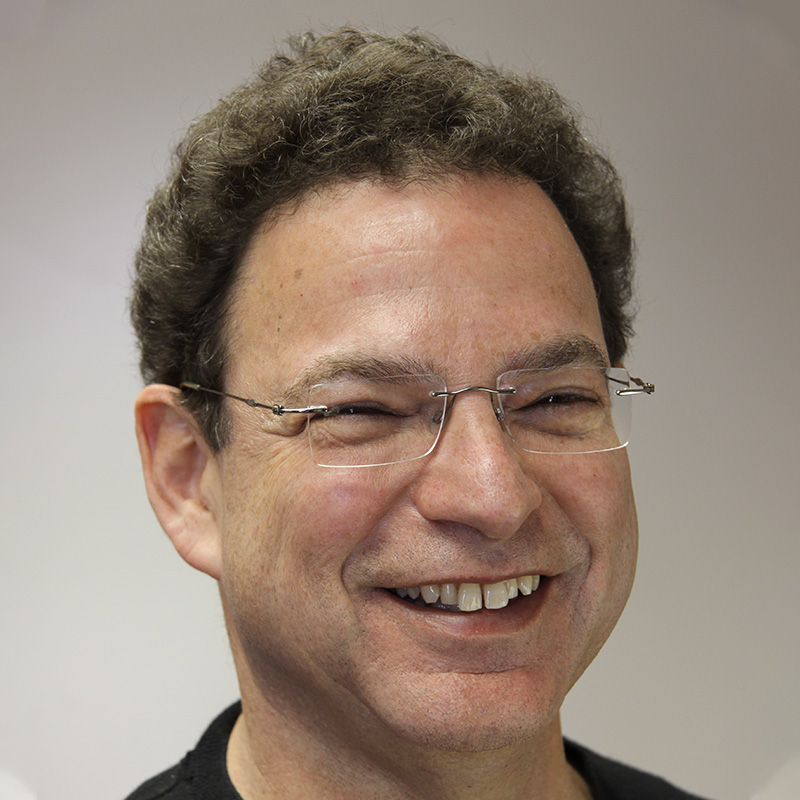
Shuki Bruck
Gordon and Betty Moore Professor of Computation and Neural Systems and Electrical Engineering
Shuki Bruck is the Gordon and Betty Moore professor of computation and neural systems and electrical engineering at Caltech. He joined Caltech in 1994 and in 2002 initiated and led the formation of the Information Science and Technology (IST) program. He served as the founding IST director from 2003 to 2005. In 2007, Shuki created the first Caltech IST undergraduate class (IST4) and taught it since. His teaching was recognized by the 2009 Richard Feynman Prize for Excellence in Teaching. Shuki’s entrepreneurial experiences include founding and serving as Chairman of Rainfinity, XtremIO and MemVerge.
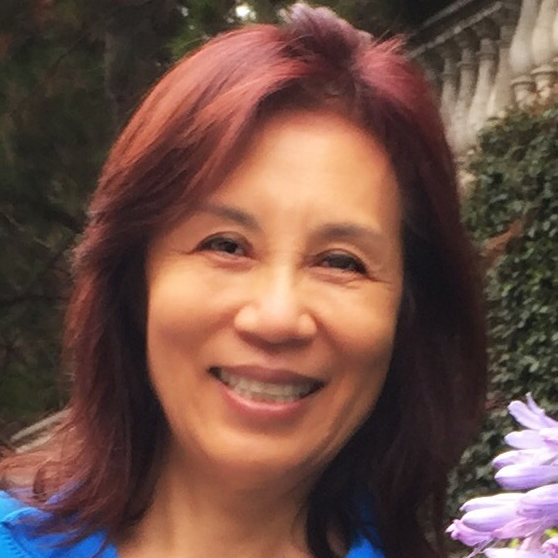
Marina Chen
Consultant; former Professor and Chair of the Computer Science Department, Boston University
Dr. Chen is an independent consultant. She was most recently a professor and chair of the Computer Science Department at Boston University. Previously, she was the president of Cooperating Systems Corporation, a consulting services company that provided rapid software prototyping and technology planning for advanced research and development in academia and industry. Dr. Chen has also been an associate professor of computer science at Yale. Her research in the field of metacomputing combines Web-based technology and resource management techniques to provide reliability and quality of service guarantees for collaborative, transportable computing. Her leadership and collaboration resulted in a project which won the High-Performance Computing Challenge Award for Most Geographically Dispersed and Heterogeneous Factoring on the World-Wide Computer in the Teraflop Challenge contest at Supercomputing 1995. Marina received her PhD in computer science from Caltech and her BS in electrical engineering from National Taiwan University.
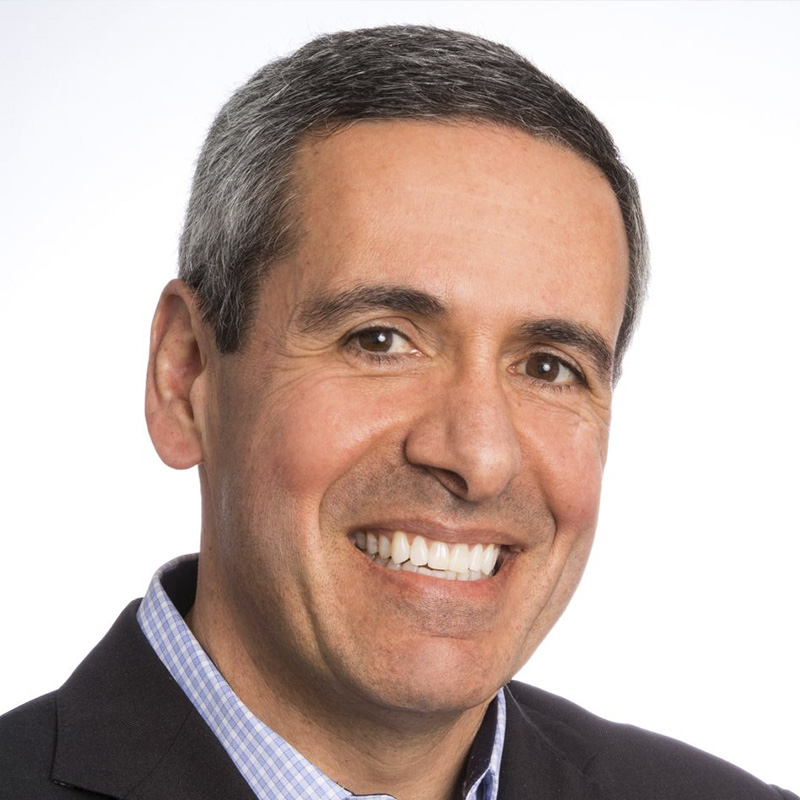
Chris Diorio
CEO and Cofounder at Impinj, Inc.; Affiliate Professor of Computer Science and Engineering, University of Washington
Chris Diorio is CEO and cofounder at Impinj, Inc. and an affiliate professor of computer science and engineering at the University of Washington. Passionate about technology, Chris is a pioneer of RAIN RFID and the Internet connectivity it has enabled for tens of billions of everyday items. He has more than 150 patents, 69 scholarly publications, is vice chairman at Impinj and is a director of the RAIN Alliance. He has received numerous awards including EY Entrepreneur of The Year, EE Times/EDN Innovator of the Year, AIM Global’s Ted Williams Award, the UW Distinguished Teaching Award and the IEEE Paul Rappaport Award. He has also received Packard, Sloan, Presidential, and ONR fellowships. Chris received his PhD from Caltech in 1997 and has 30 years of experience in computer and radio engineering.
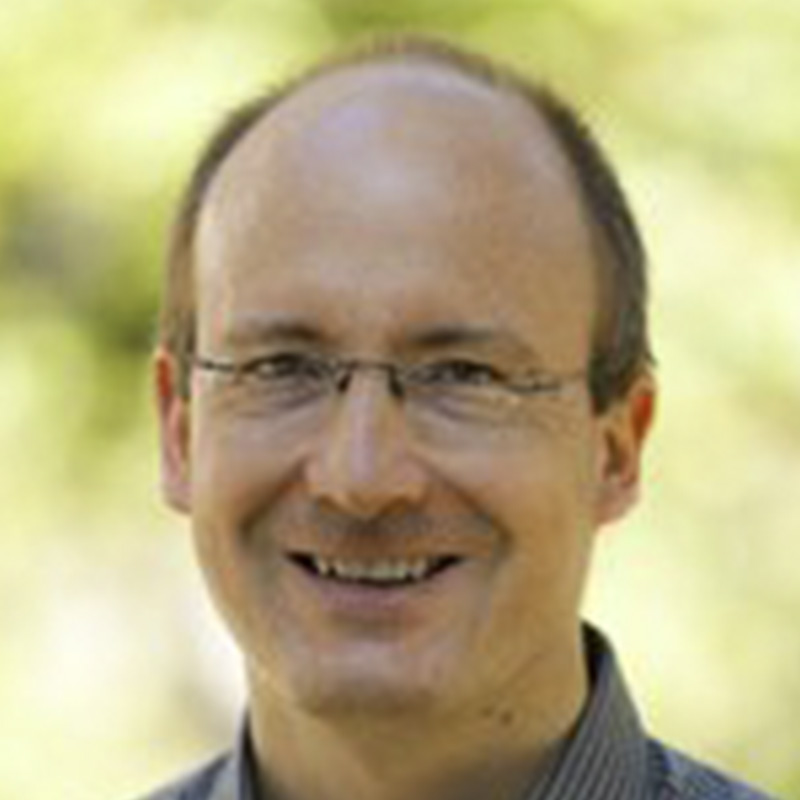
Frederick Eberhardt
Professor of Philosophy
Professor Eberhardt’s project is focused on the development of methods for the automated discovery of meaningful scientific quantities. In the past the identification and delineation of scientific quantities was the work of the domain expert, often hand-crafting scientific variables on the basis of their scientific expertise. We are interested in the extent to which this process can be automated, with a specific aim to explore whether such an automation would allow us to construct a neuroscience-based psychology.
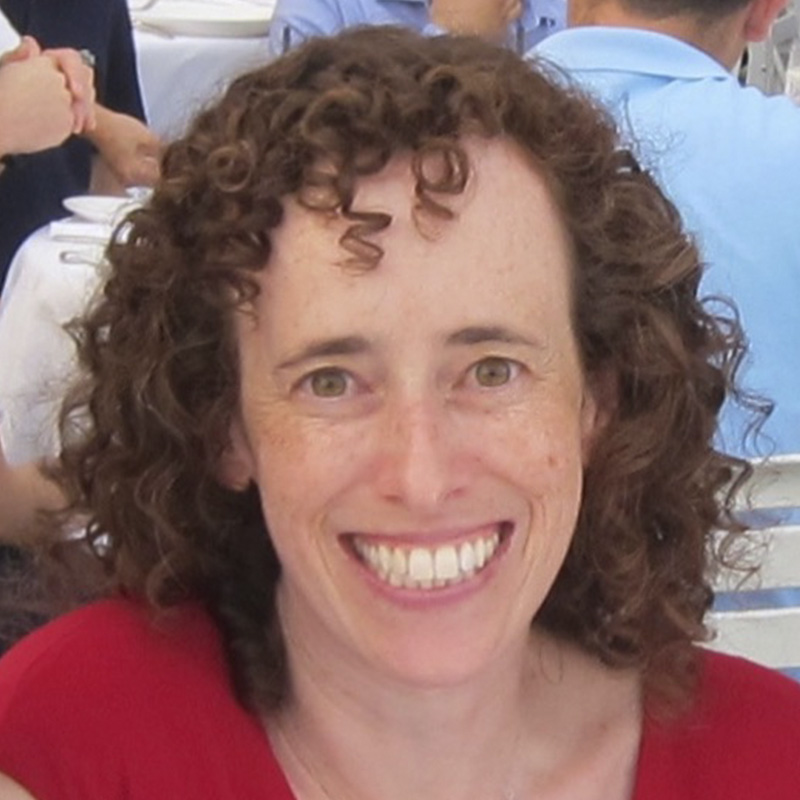
Michelle Effros
George Van Osdol Professor of Electrical Engineering
Michelle Effros is the George Van Osdol Professor of Electrical Engineering at the California Institute of Technology. Her research interests are primarily in the area of information theory for communication networks -- with particular interest in developing tools for understanding large networks traditionally considered impenetrable to information theoretic techniques. Professor Effros has received a number of awards and fellowships including the NSF CAREER Award, the Charles Lee Powell Foundation Award, the Richard Feynman-Hughes Fellowship, an Okawa Research Grant, a citation by Technology Review as one of the world's top young innovators, and a Communication and Information Theory Society Joint Paper Award. She is a fellow of IEEE and a member of Tau Beta Pi, Phi Beta Kappa, and Sigma Xi. She served as President of the IEEE Information Theory Society in 2015 and has served on a large number of publications committees, technical program committees, and advisory boards including the Advisory Committee and the Committee of Visitors for the Computer and Information Science and Engineering (CISE) Directorate at the National Science Foundation and the TAB Strategic Planning Committee for IEEE.
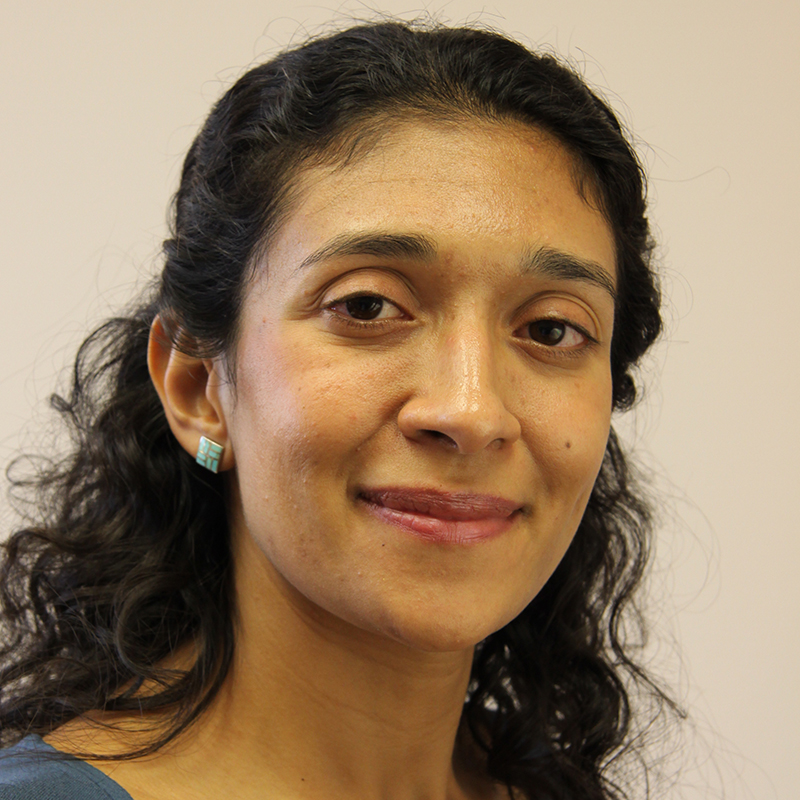
Azita Emami
Andrew and Peggy Cherng Professor of Electrical Engineering and Medical Engineering; Investigator, Heritage Medical Research Institute; Executive Officer, Department of Electrical Engineering
Azita Emami’s research interests include integrated circuits and systems, integrated photonics, high-speed data communication, and wearable and implantable devices for neural recording, neural stimulation, sensing, and drug delivery. Professor Emami joined Caltech in 2007 and served as deputy chair of the Division of Engineering and Applied Science from 2015 to 2018. She received her MS and PhD in electrical engineering from Stanford University and her BS from Sharif University of Technology in Tehran, Iran. Before joining Caltech, she worked at IBM’s Thomas J. Watson Research Center and was an assistant professor of electrical engineering at Columbia University. She is currently associate editor for the IEEE Journal of Solid-State Circuits (JSSC) and a lecturer for the IEEE Solid-State Circuits Society Distinguished Lecturer Program.
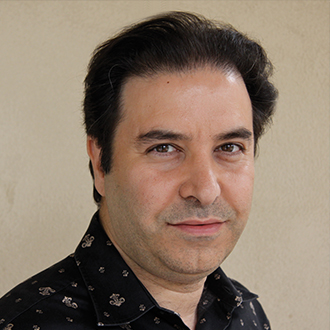
Babak Hassibi
Mose and Lillian S. Bohn Professor of Electrical Engineering and Computing and Mathematical Sciences
Babak Hassibi is the inaugural Mose and Lillian S. Bohn Professor of Electrical Engineering at the California Institute of Technology, where he has been since 2001, From 2011 to 2016 he was the Gordon M Binder/Amgen Professor of Electrical Engineering and during 2008-2015 he was Executive Officer of Electrical Engineering, as well as Associate Director of Information Science and Technology. Prior to Caltech, he was a Member of the Technical Staff in the Mathematical Sciences Research Center at Bell Laboratories, Murray Hill, NJ. He obtained his PhD degree from Stanford University in 1996 and his BS degree from the University of Tehran in 1989. His research interests span various aspects of information theory, communications, signal processing, control and machine learning. He is an ISI highly cited author in Computer Science and, among other awards, is the recipient of the US Presidential Early Career Award for Scientists and Engineers (PECASE) and the David and Lucille Packard Fellowship in Science and Engineering.
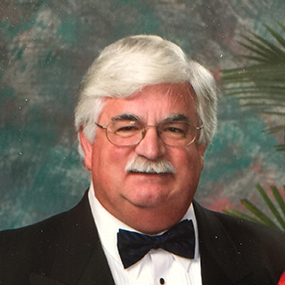
Ted Jenkins
Caltech trustee and former vice president at Intel
Ted Jenkins started his career at Fairchild Semiconductor Research and Development Laboratories as a process engineer in 1966. In 1968, he moved to Intel, where he held a variety of positions in water fabrication, ultimately leading the organization. He became manager of microprocessor/peripheral manufacturing in 1979 and general manager of the peripheral components division in 1980. In 1985, he relocated the division to Folsom, California, and in 1986 was appointed vice president and general manager of the memory components division. In 1990, Intel named Jenkins the vice president and director of corporate licensing, and by 1996, he was appointed chairman of Intel’s government affairs committee, which coordinated public policy and advocacy across the corporation. He retired from Intel in 1999, and served as an adjunct professor of communication studies at the California State University, Sacramento until 2010. Mr. Jenkins graduated from Caltech with a BS in engineering and an MS in electrical engineering. He was elected to the Caltech board of trustees in July 2005.
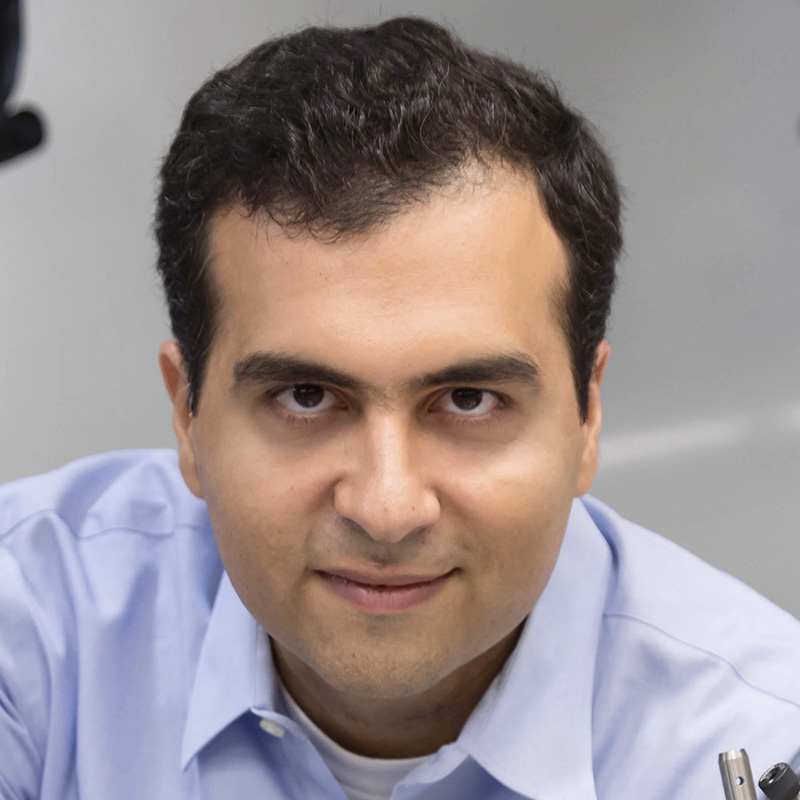
Alireza Marandi
Assistant Professor of Electrical Engineering and Applied Physics
Alireza Marandi is an assistant professor of electrical engineering and applied physics at Caltech. Before joining Caltech, he held positions as a postdoctoral scholar and a research engineer at Stanford. He was also a visiting scientist at the National Institute of Informatics in Japan, and a senior engineer in the Advanced Technology Group of Dolby Laboratories. He received his PhD from Stanford University in 2013, his MS from the University of Victoria, Canada, and his BS from the University of Tehran, Iran, all in electrical engineering. His research is focused on fundamental technological developments in nonlinear photonics. His work explores the frontiers of ultrafast optics, optical frequency combs, quantum optics, optical information processing, mid-infrared photonics, and laser spectroscopy. He is a senior member of OSA and IEEE and has received the faculty early career development (CAREER) award from NSF in 2019.

Carver Mead
Gordon and Betty Moore Professor of Engineering and Applied Science, Emeritus
Carver Mead is known for electron tunneling, semiconductor interface energies, the first working MESFET, scaling of Very-Large-Scale-Integrated-circuit (VLSI) technology, structured VLSI design, the first VLSI design course, physics of computation, neuromorphic VLSI systems, and collective electrodynamics. He pioneered the silicon foundry concept and the fabless semiconductor business model. He holds BS, MS, and PhD degrees in electrical engineering from Caltech, as well as honorary doctorates from USC and the University of Lund, Sweden. He has been a member of the Caltech faculty since 1958, and the Gordon and Betty Moore Professor of Engineering and Applied Science, Emeritus, since 1999. His honors and awards include: National Medal of Technology, BBVA Frontiers of Knowledge Award, NAE Founder’s Award, IEEE John von Neumann Medal, Walter Wriston Public Policy Award, ACM Allen Newell Award, IEEE Centennial Medal and Lemelson-MIT Prize. He is a member of the National Academy of Science, the National Academy of Engineering, and Fellow of IEEE, Computer History Museum and National Academy of Inventors among others.
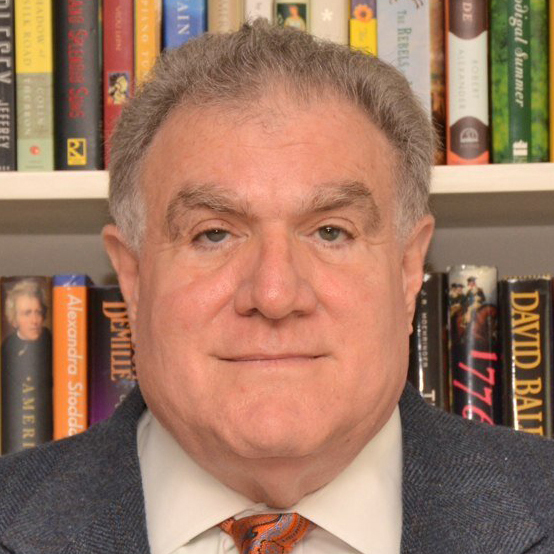
Phil Neches
Caltech trustee and founder of Teradata
Phil Neches has more than 35 years of leadership experience in technology. He is currently a venture partner and lead mentor at Entrepreneurs Roundtable Accelerator in New York City. Previously, he served as chairman of Foundation Ventures LLC, an investment bank serving information technology and life science companies. Neches began his career as manager of the systems evaluation group of Transaction Technology Inc., a Citicorp subsidiary. In 1979, he founded Teradata Corporation and as the chief technical officer, created the product architecture and led initial product development. When Teradata merged with NCR, Neches became senior vice president and chief scientist. He led the repositioning of the entire computer-product family prior to its merger with AT&T, and then led the product plan for the merger. In 1994, he became vice president and chief technology officer of AT&T’s Multimedia Products and Services Group. Neches has been a mentor, advisor, and board member for many IT companies, small and large, public and private. Dr. Neches earned his BS, MS, and PhD degrees in computer science from Caltech, and is a member of the National Academy of Engineering. He was elected to the Caltech board of trustees in 1995.
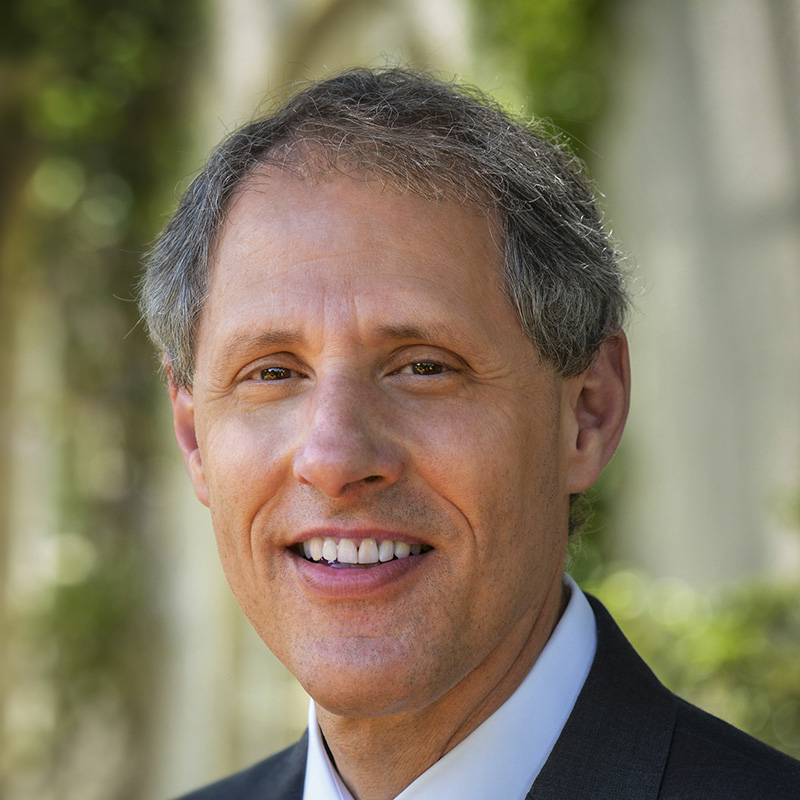
Thomas F. Rosenbaum
President, Caltech; Sonja and William Davidow Presidential Chair and Professor of Physics
Thomas F. Rosenbaum is the ninth president of the Caltech, holder of the Sonja and William Davidow Presidential Chair, and Professor of Physics. He is an expert on the quantum mechanical nature of materials, conducting research at Bell Laboratories, IBM Watson Research Center, and the University of Chicago, where he served as provost before moving to Caltech in 2014. He received his bachelor’s degree in physics with honors from Harvard University and a PhD in physics from Princeton University. Rosenbaum is an elected fellow of the American Physical Society, the American Association for the Advancement of Science, and the American Academy of Arts and Sciences.
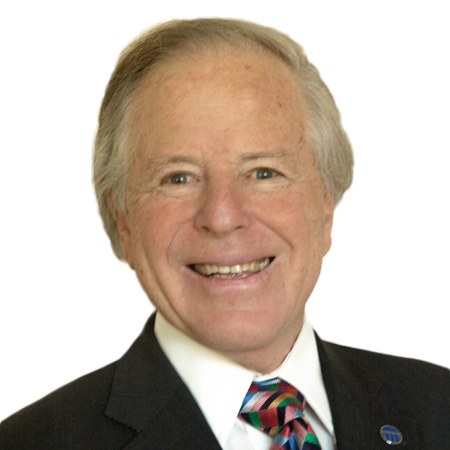
Charlie Trimble
Caltech trustee; Founder and Former CEO of Trimble Navigation, LTD.
Charlie Trimble is the founder and former CEO of Trimble Navigation, Ltd., a leading developer of commercial equipment utilizing the Global Positioning System (GPS). He led the company from a start-up in 1978 through a public offering in 1990. Trimble Navigation was largely responsible for the commercialization of GPS. At the time of Trimble’s departure in 1998, the company was the dominant worldwide supplier of GPS equipment. He holds four patents in signal processing and several in Global Positioning System (GPS) technology. Since leaving the company, he has mentored start-ups and served on boards of directors, both public and private. Trimble is a member of the National Academy of Engineering and the Council on Foreign Relations. He served on the NASA Advisory Council, the National Electronics Manufacturing Initiative, the Silicon Valley Defense/Space Consortium and as chair of the United States Global Positioning System Industry Council. Mr. Trimble earned his BS in engineering and applied science and his MS in electrical engineering, both from Caltech. He was elected to the Caltech Board of Trustees in 2002.
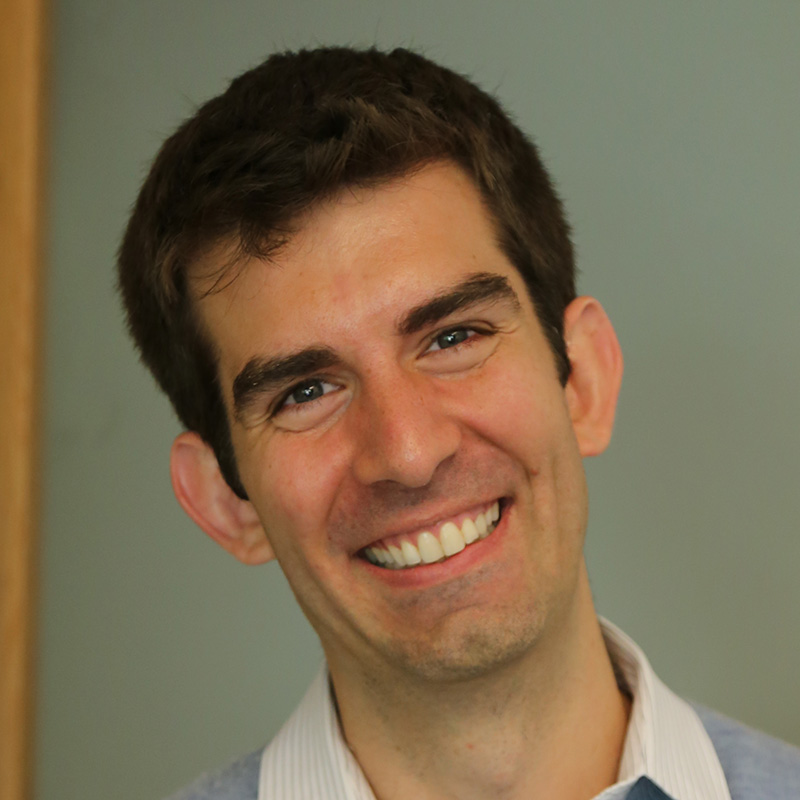
Adam Wierman
Professor of Computing and Mathematical Sciences; Executive Officer for Computing and Mathematical Sciences; Director, Information Science and Technology
Adam Wierman is a professor of computing and mathematical sciences, where he currently serves as executive officer. He is the director of the Information Science and Technology Initiative. He completed his PhD in computer science at Carnegie Mellon University. His research focuses on developing mathematical tools for stochastic processes, optimization, machine learning, and game theory, and applying these techniques to the design of distributed systems, such as data centers and the smart grid. He is a recipient of the ACM Sigmetrics Rising Star award and the IEEE Communications Society William R. Bennett prize.